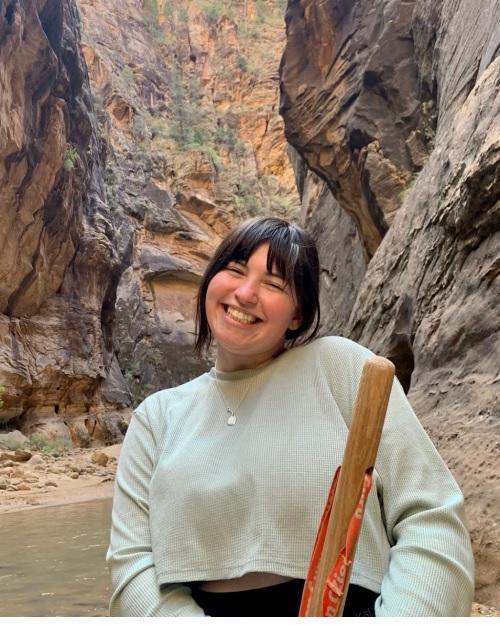-
About
- Leadership & Faculty
- News & Events
-
Academics
- Graduate
- Advanced Clinical Training
- Continuing Education
- Academic Offices
-
Student Life
-
Research
-
Hospitals & Clinics
- Emergency Care
- Hospital Services
-
Community Outreach
- Volunteer
Biography
Maine
Psychology & English
Smith College, 2021
Why did you choose to pursue an MCM degree, and why did you choose Cummings School of Veterinary Medicine?
I chose to pursue a degree in Conservation Medicine because it is a unique program that encapsulates the One Health philosophy. This program will provide me with the foundations and relevant experience to work in wildlife disease ecology and promote global health. Wildlife diseases will only become more widespread due to increased deforestation, human interference, loss of biodiversity, and climate change. One of the many things we can learn from the COVID-19 pandemic is the importance of the interconnectivity between ecological systems, wildlife health, and global human health. Cummings School of Veterinary Medicine is a leader in conservation medicine and also collaborates with other Tufts institutions to promote One Health.
What are your interests and/or experience relative to conservation medicine?
I am interested in studying the ecology of wildlife diseases— specifically White-nose Syndrome in hibernating bats.
What are your career goals after completing the program?
After completing the MCM program, I plan to pursue a P.h.D. and eventually work as a wildlife disease ecologist. One area I hope to conduct novel research in is examining the decline of bat populations in North America with presence of vector borne diseases. Through this work, I want to educate the public on the ecological importance of bats.
